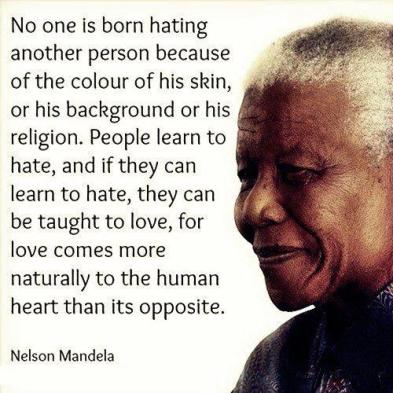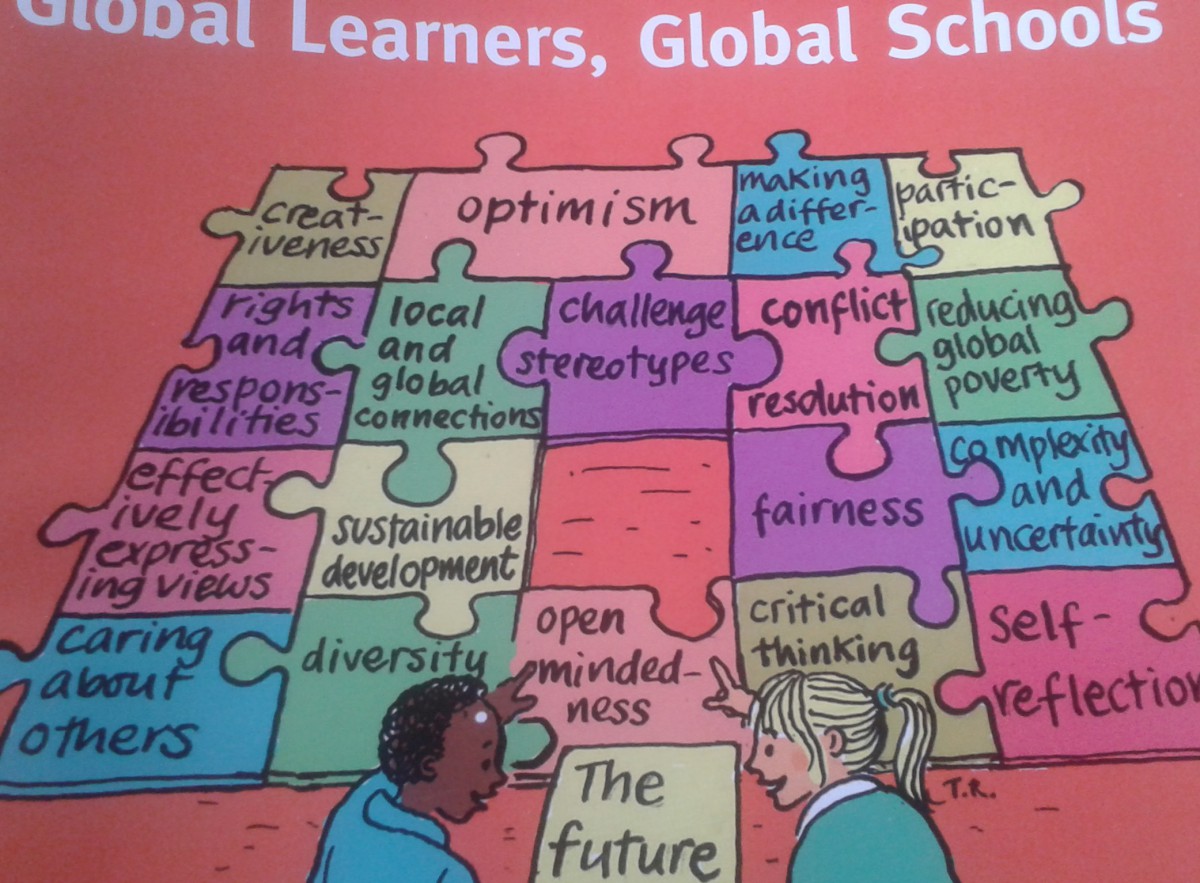
In acknowledgement of World InterFaith Week I am reflecting on some work we did at CDEC recently with the Chester Interfaith Harmony Group. We were there to support their work in schools, whereby volunteer members of different faiths go into school over a week and talk to the pupils and discuss their faith, beliefs and practices across the school. It is carefully timetabled and culminates in a celebration assembly at the end of the week.
As none of these people are teachers our job was to offer advice and support in teaching techniques, presentation, activity ideas and learning styles but I was struck by so many wonderful things, not least of which their confidence and humour. They are all so comfortable in their faith, and with each other. In the same room, all day, talking and discussing and sharing and supporting, we had 2 Quakers, 2 Muslims, a Jew, a Bahai, a Buddhist….and a Humanist. One or two others could not attend, and I know that they included Christians.
They each bring a different style to the classroom, low-tech on the most part, some using more active learning techniques than others; they all differentiate their sessions for different age groups, and they are all good talkers who had me spellbound throughout the day. They only spend an hour with each group of children.
They acknowledge each other’s beliefs and the main themes of the sessions. They reinforce the commonality and celebrate their own uniqueness. They discuss common themes such as peace, love, caring, community, family, celebration, etc.

I was intrigued by their humanity, fascinated by their calmness and confidence, moved by their hope and joy. I want to find out more about Humanism and Quakerism, merely because of the comments and presentations made by these two groups. As a teacher I taught all about the six major world religions, but know very little about these two.
The UN has passed a resolution to recognize the World Interfaith Harmony Week annually during the first week of February. With all this extremism – which I suspect has always been there throughout human history only now we have more money and weaponry to take drastic and terrible action to express it – just imagine a world where we all acknowledged, appreciated, accepted and listened to each others’ beliefs. Even the government’s mantra about British Values includes the requirement for schools to ‘promote tolerance and respect for those of different faiths and religions’ (so it must be important – see earlier post). To anyone with any common sense and any kind of global outlook it obviously makes sense. Philosophy for Children is helping the next generation discuss and listen and acknowledge and even change their points of view (see earlier post). Perhaps there is a need for Philosophy for Adult sessions too. In the pub or in staffrooms and offices, parks and public buildings. Or at home.

http://worldinterfaithharmonyweek.com/
Finally a lovely piece of music promoting peace and harmony to all x
http://worldinterfaithharmonyweek.com/the-gift-of-love/
